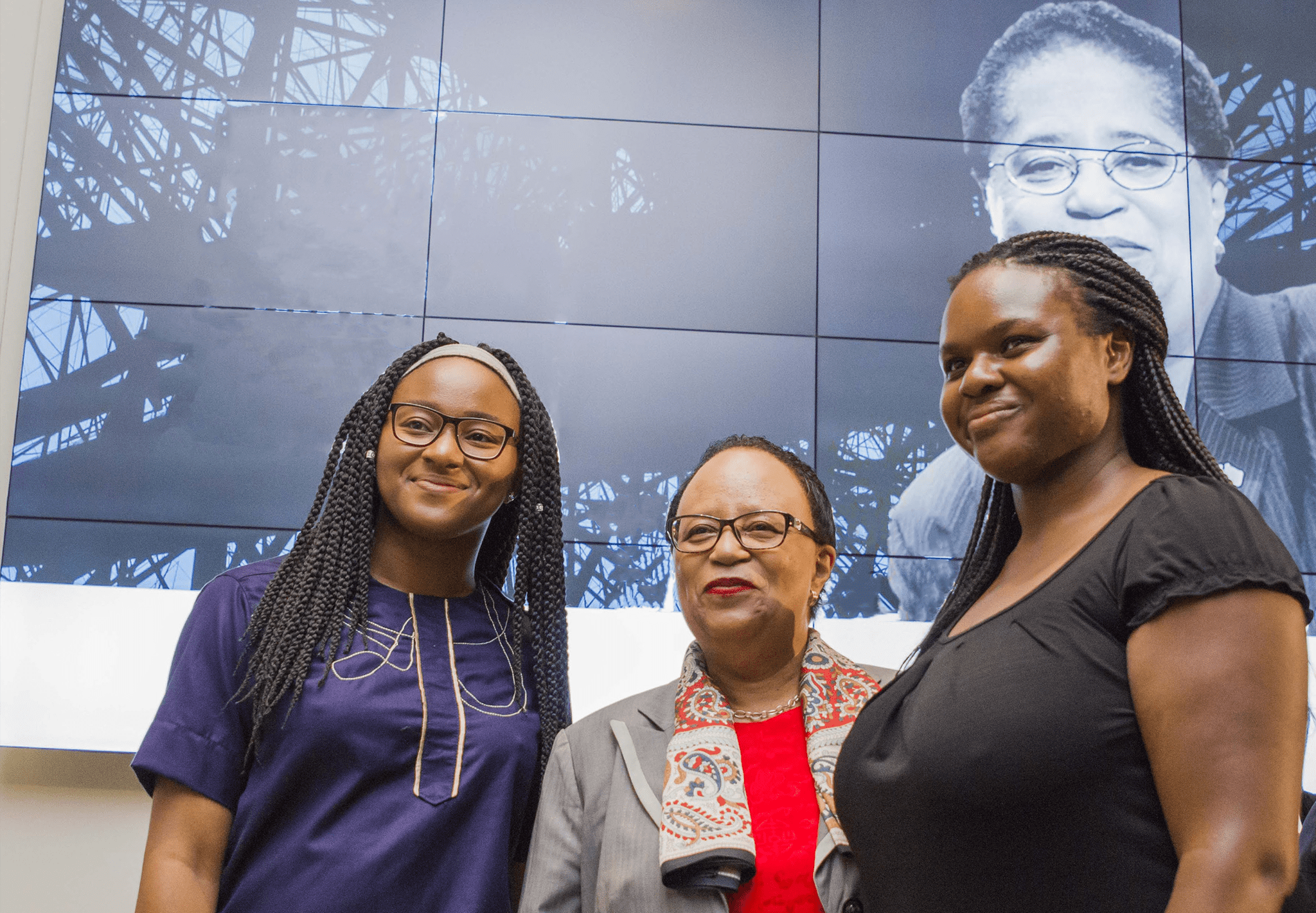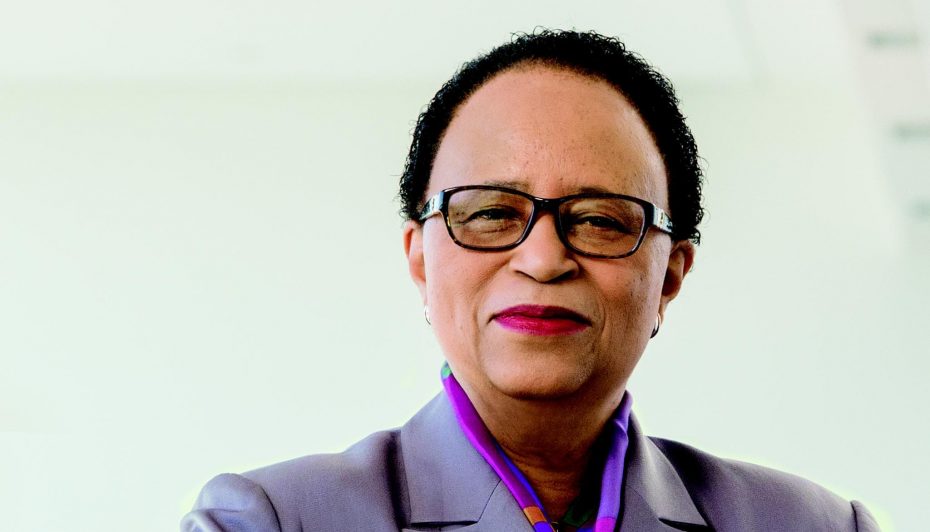Editor’s Note: An Evening With Shirley Ann Jackson took place September 26, 2017 at the MIT Media Lab. Full event video and video highlights are available on the NSTMF Youtube channel.
Dr. Shirley Ann Jackson knew from a young age that she wanted to make a difference in other people’s lives. But to get to that point, she had to focus on her own goals first.
“I grew up with the perspective that it’s hard to carry someone else if you can’t walk yourself,” she said. “If one is not successful in what one is doing, it’s hard to really influence and have the authority and power to change things.”
Dr. Jackson shared her experiences with a group of dozens of students, faculty, and community members gathered at the Massachusetts Institute of Technology Media Lab. Throughout the evening, Dr. Jackson spoke about her own career trajectory – moving between industry, academia, and government – how she overcame obstacles to succeed in her field, and the future of STEM in America.
Throughout her career, Dr. Jackson has literally changed the world, said L. Rafael Reif, president of MIT.
“Despite the difficulties she endured, she would go on to become part of MIT’s history,” Reif said.
When she began her studies at MIT, she was one of just two African American female undergraduate students, and one of only seven black students in her class overall. In 1973, Dr. Jackson became the first African American woman to earn a Ph.D. from MIT in any field.
“On the one hand, it was exhilarating being at MIT. I wanted to be a scientist, and I loved the subject matter,” Dr. Jackson said. “But on the other, it was isolating, and rather lonely.”




